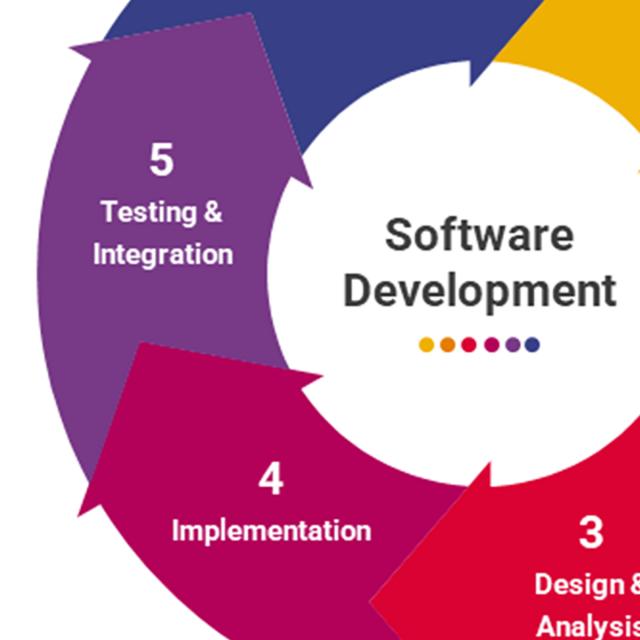MOOC List is learner-supported. When you buy through links on our site, we may earn an affiliate commission.

MOOC List is learner-supported. When you buy through links on our site, we may earn an affiliate commission.
You will also encounter defensive programming techniques to prevent software bugs during implementation, and learn how to test your system thoroughly using different types of test cases.
Basic object-oriented programming (OOP) concepts are required for topics covered in defensive programming and object-oriented testing. Implementation is driven by the UML models derived from requirement analysis. It is recommended to take the course "Software Engineering: Modeling Software Systems using UML" before attempting this course, but it is not a hard requirement.
Course 2 of 3 in the Software Engineering Specialization.
Syllabus
WEEK 1
Introduction to Software Development
Welcome to the first module of this course! In this module, you will learn: (1) The tasks involved in software development. (2) The processes involved in Software Development Life Cycle (SDLC).
WEEK 2
Software Development Processes
In this module, you will learn: (1) Different software development processes, including Waterfall, Code-and-Fix, Prototyping, Spiral, Phased-Released, Agile, Extreme Programming, Continuous Integration, Scrum, and Unified Process.
WEEK 3
Implementation and Defensive Programming
In this module, you will learn: (1) The purpose and the major activities of implementation. (2) Defensive programming techniques to prevent software bugs during implementation.
WEEK 4
Debugging and Configuration Management
In this module, you will learn: (1) Different techniques for debugging. (2) Configuration management to manage, control and monitor changes to life cycle artifacts.
WEEK 5
White Box Testing
In this module, you will learn: (1) The purpose of testing. (2) Design tests that have the highest likelihood of finding defects with the minimum amount of time and effort. (3) What is White Box testing. (4) Revealing subdomains for Basis Path Testing.
WEEK 6
Black Box Testing
In this module, you will learn: (1) Revealing subdomains for Condition Testing, Loop Testing, and Data Flow Testing. (2) What is Black Box testing. (3) Revealing subdomains with equivalence partitioning. (4) Revealing subdomains for Boundary Testing.
WEEK 7
Acceptance Testing
In this module, you will learn: (1) How to perform tests. (2) How to evaluate tests. (3) Deriving test case for Acceptance Testing.
MOOC List is learner-supported. When you buy through links on our site, we may earn an affiliate commission.
MOOC List is learner-supported. When you buy through links on our site, we may earn an affiliate commission.
